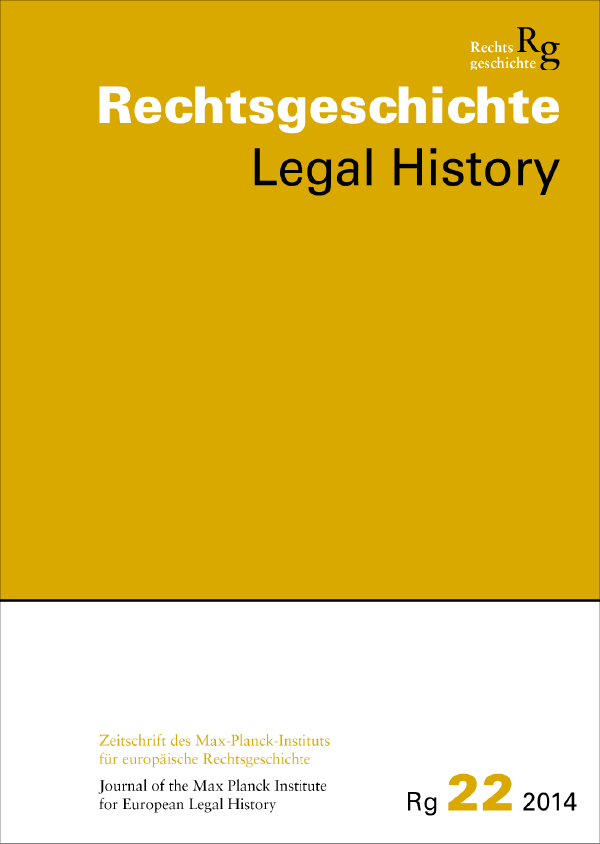Christianity and the Discovery of Religious Freedom
DOI:
https://doi.org/10.12946/rg22/062-078Abstract
With its broad spectrum of cults and coexisting religions Graeco-Roman antiquity seems, at first glance, to be the embodiment of religious freedom. Yet, a closer analysis shows that a concept of tolerance or the idea of religious freedom did not exist. Political institutions could easily suppress religious practices that were regarded as offensive. Fighting against the oppression of Christians appears to have increased under the influence of oecumenical paganism during the reign of the Severans. In this time, the Christian thinker Tertullian discovered and articulated the concept of religious freedom. However, he did not do so emphatically and the concept was not very successful in antiquity. With the Christianization of the Roman Empire it disappeared soon, although its rediscovery in later epochs contributed heavily to the formation of the European norm of religious freedom.
Downloads
Veröffentlicht
Zitationsvorschlag
Ausgabe
Rubrik
Lizenz
Copyright (c) 2014 Autor/in

Dieses Werk steht unter einer Creative Commons Namensnennung - Nicht-kommerziell - Keine Bearbeitung 3.0 International -Lizenz.





